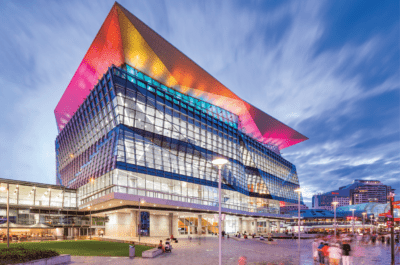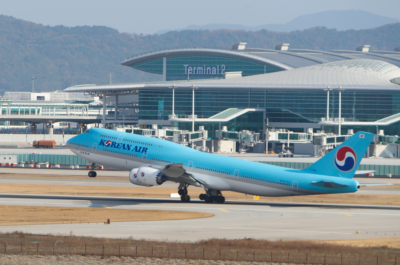…
“Business travelers do not get enough travel health and security training, especially those venturing into high risk areas” was one finding to emerge from a new report delivered to delegates by the Association of Corporate Travel Executives (ACTE) at the group’s annual Asia-Pacific Education Conference, held in Singapore, 25-26 August 2010.
The report, titled: “Managing the Risks of a Global Workforce” is designed to ascertain perception and levels of risk for outbound business travellers from the Asia-Pacific region, while serving as a benchmark for duty of care practices. It was jointly developed by ACTE and International SOS. “Promoting, preserving, and advancing traveller health and security has always been foremost in our recommendations to various government authorities, and emphasized at each of our educational events,” said ACTE’s President Chris Crowley. “This report is yet another way in which ACTE is working with industry experts to ask the questions, get the answers, and raise traveller health and security consciousness.”
The report was complemented by an educational session, “Tools to Enhance Traveller Safety and Health Management,” which outlined how companies can take advantage of technologies to reduce their exposure to risks in the context of adopting a culture of health, safety and risk management; cost-management considerations in making the business case for a comprehensive travel risk management plan; and the role of communication in exercising duty of care. The session was presented by Tony Ridley, Director, Security Services, Asia Pacific, International SOS; and included speaker Tony Solomon, Regional Security Manager, Asia, Philip Morris.
Based on a 12-question survey of 161 ACTE members in Asia and throughout the Pacific Rim, more than two thirds of respondents claimed their companies had contingency plans and security programs in effect, consistent with previous association research. Yet the remaining third stated that their companies either did not have a strong security policy or any program at all. The report notes that most of these companies do not send employees into “high risk” areas. However those that do, 75% do not see the need to conduct travel health and safety training. Recent history with the volcanic eruptions in Iceland, or with previous threats of pandemic, clearly illustrate that contingency plans must include the potential for natural disaster, political strife, and sudden economic developments, as well as terrorist activity.
For decades, business travel has been one of the safest and most reliable forms of corporate communication and relationship building, and may be a victim of its own success. Only 9 percent of companies surveyed claimed to offer personal health and security training to their travellers. A similar gap may be developing in another area: traveller insurance. Seventeen percent of respondents stated travellers may not be fully insured.
The report included recommendations and checklists for evaluating security and contingency plans. One recommendation focused on realistic budgeting. In the aftermath of the Eyjafjallajokull volcanic eruptions, an estimated 60 percent of corporations affected by this disaster spent their entire contingency budgets for the year by the beginning of the second quarter of 2010. A key conclusion in the report states that companies need to assess their approach to travel health and security in a more proactive manner.
Theodore is the Co-Founder and Managing Editor of TravelDailyNews Media Network; his responsibilities include business development and planning for TravelDailyNews long-term opportunities.













































![[PR] PR_Ascott and Vimut Hospital_2024](https://www.traveldailynews.asia/wp-content/uploads/2024/04/PR-PR_Ascott-and-Vimut-Hospital_2024-400x265.jpg)


















